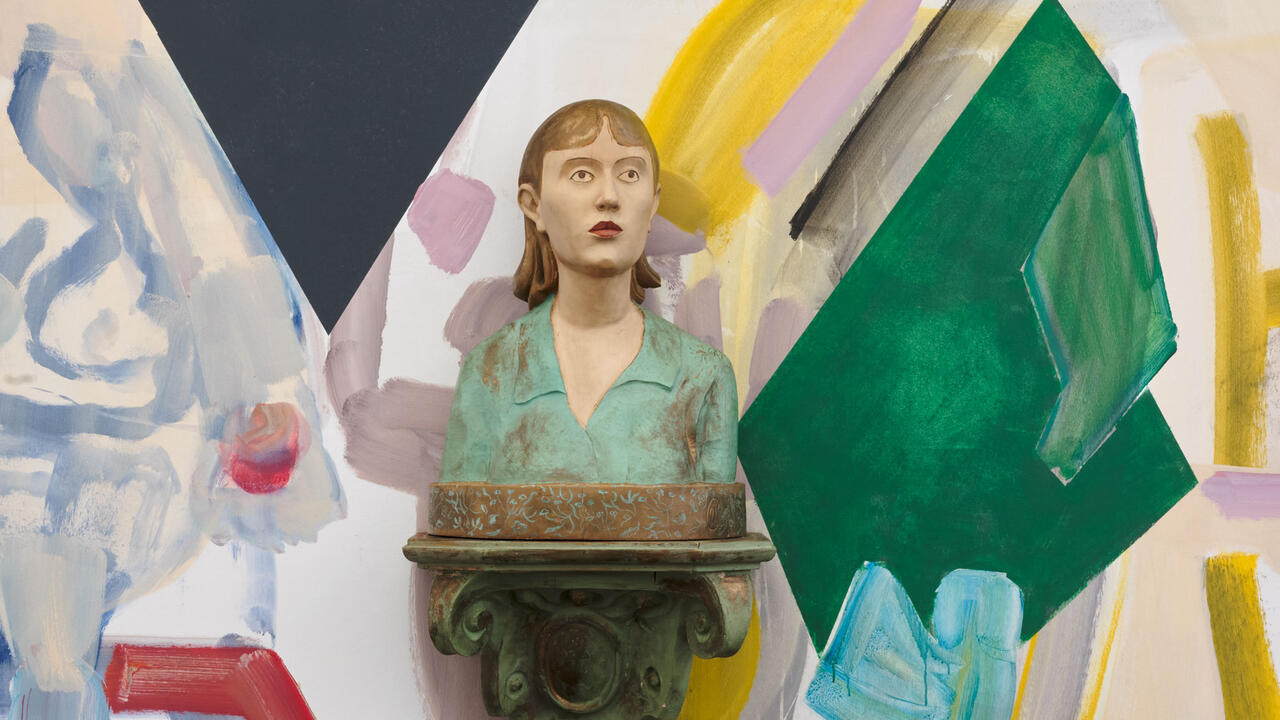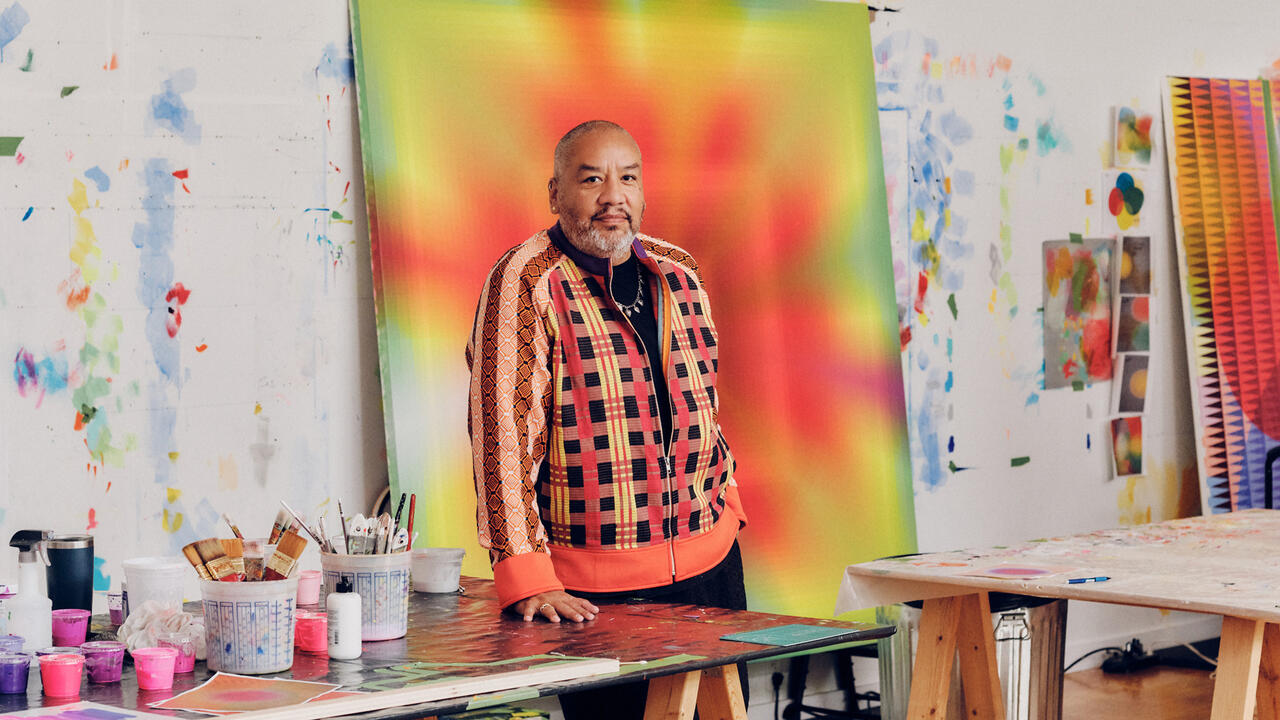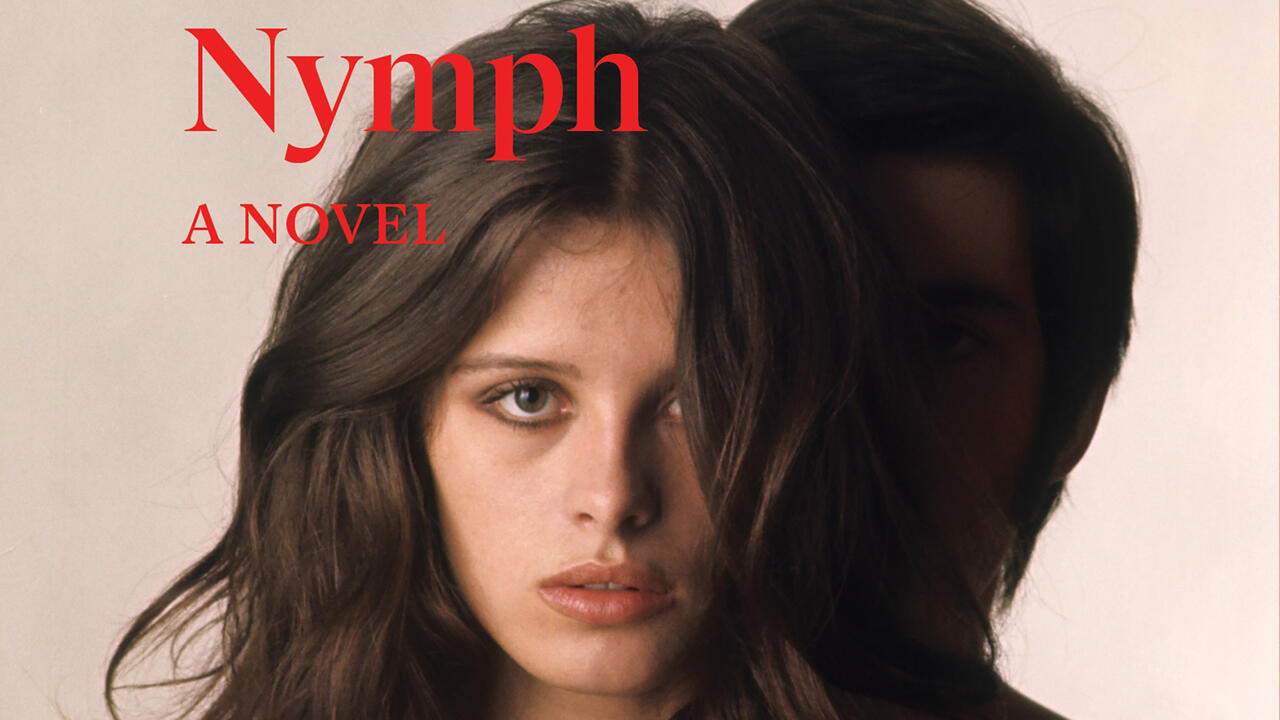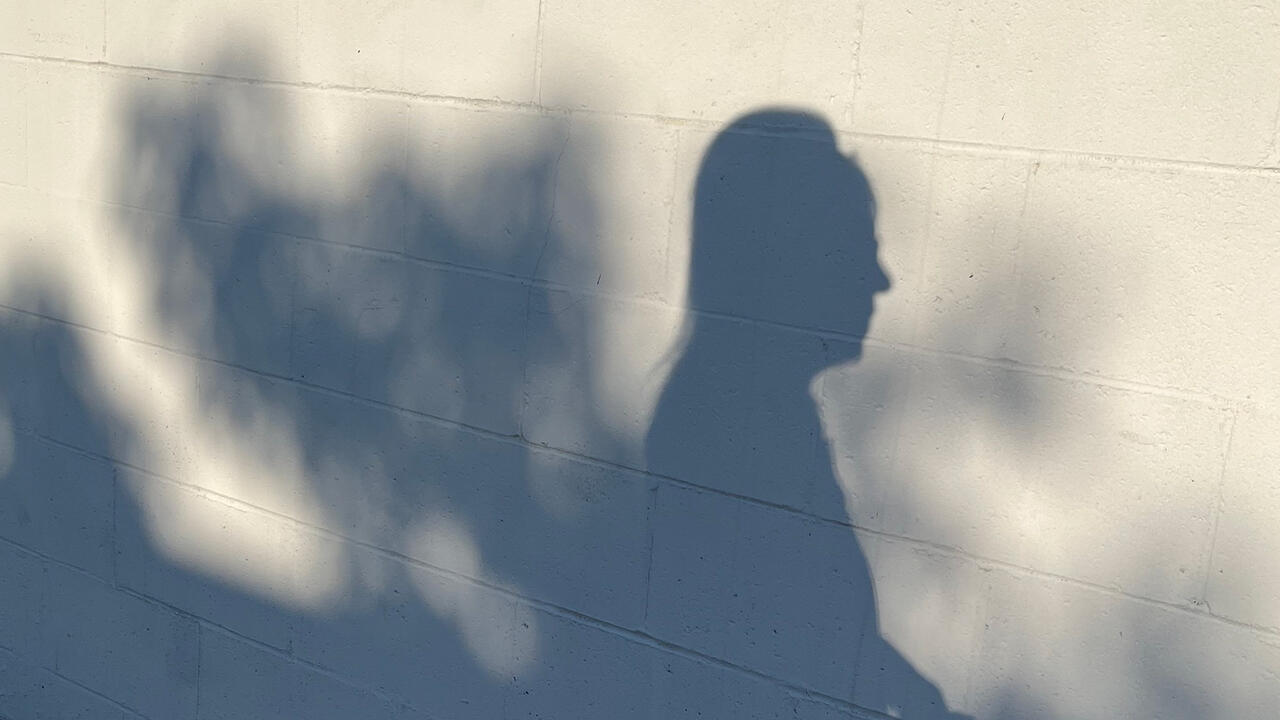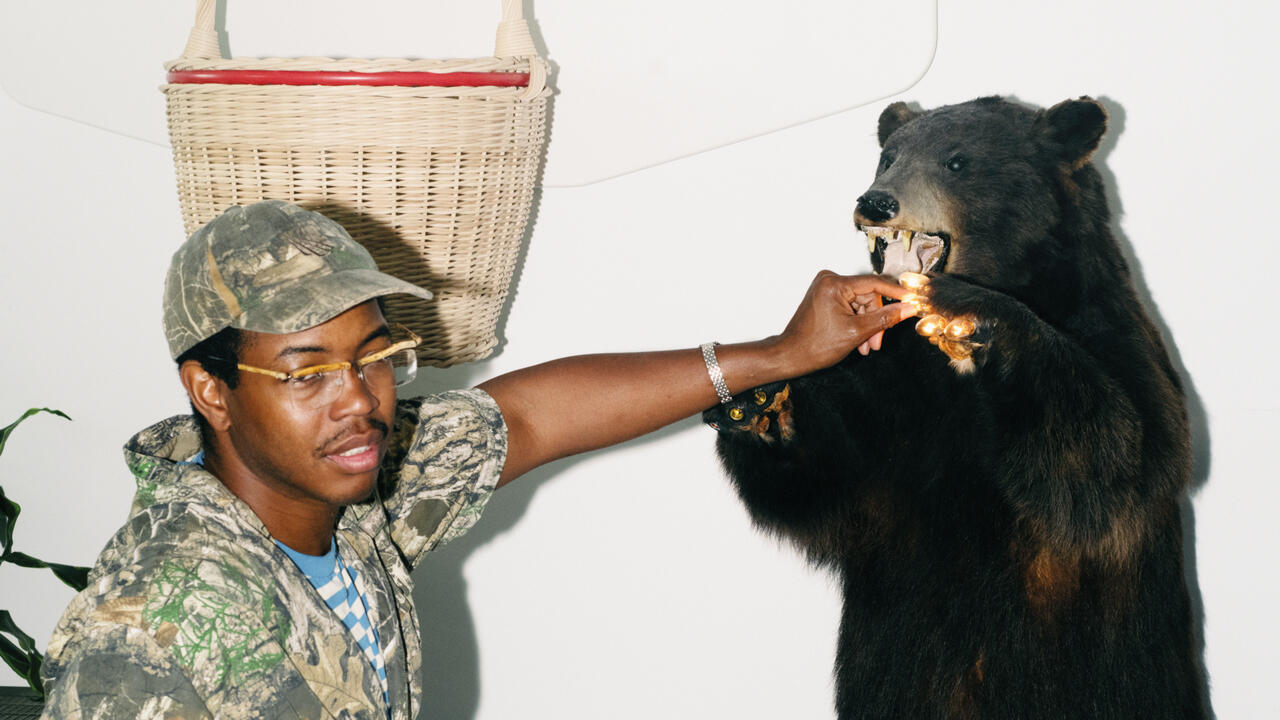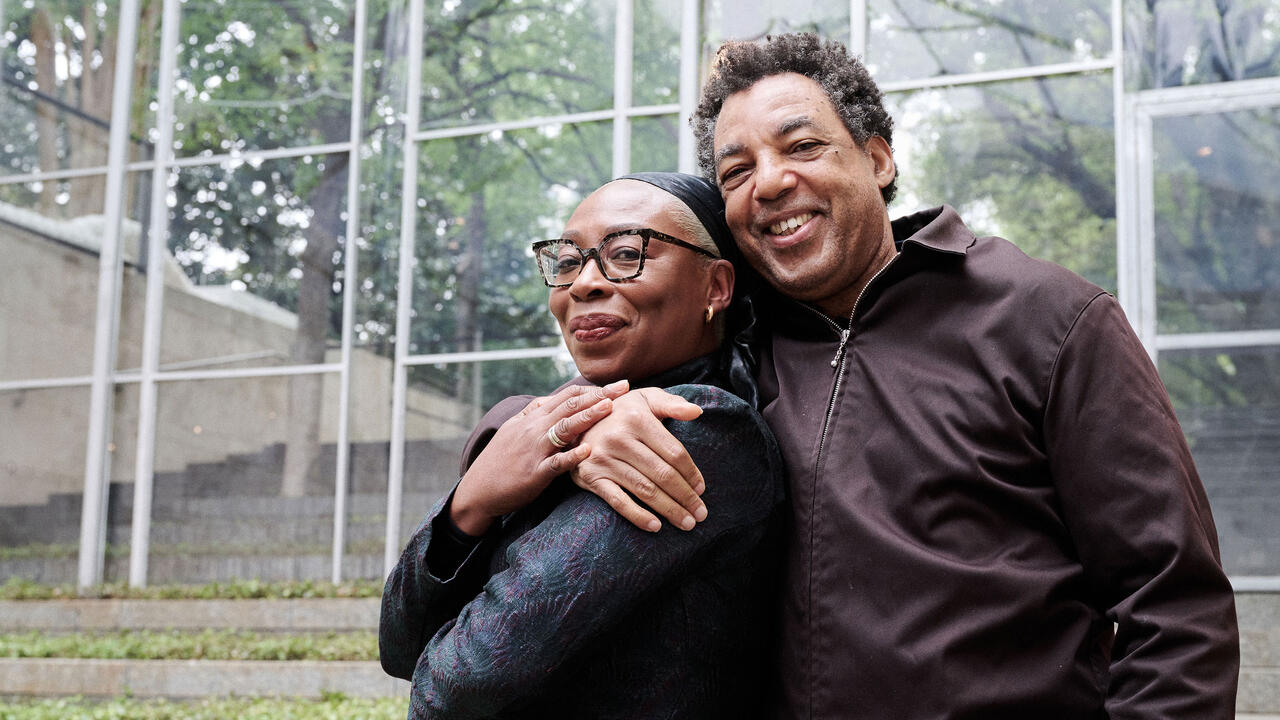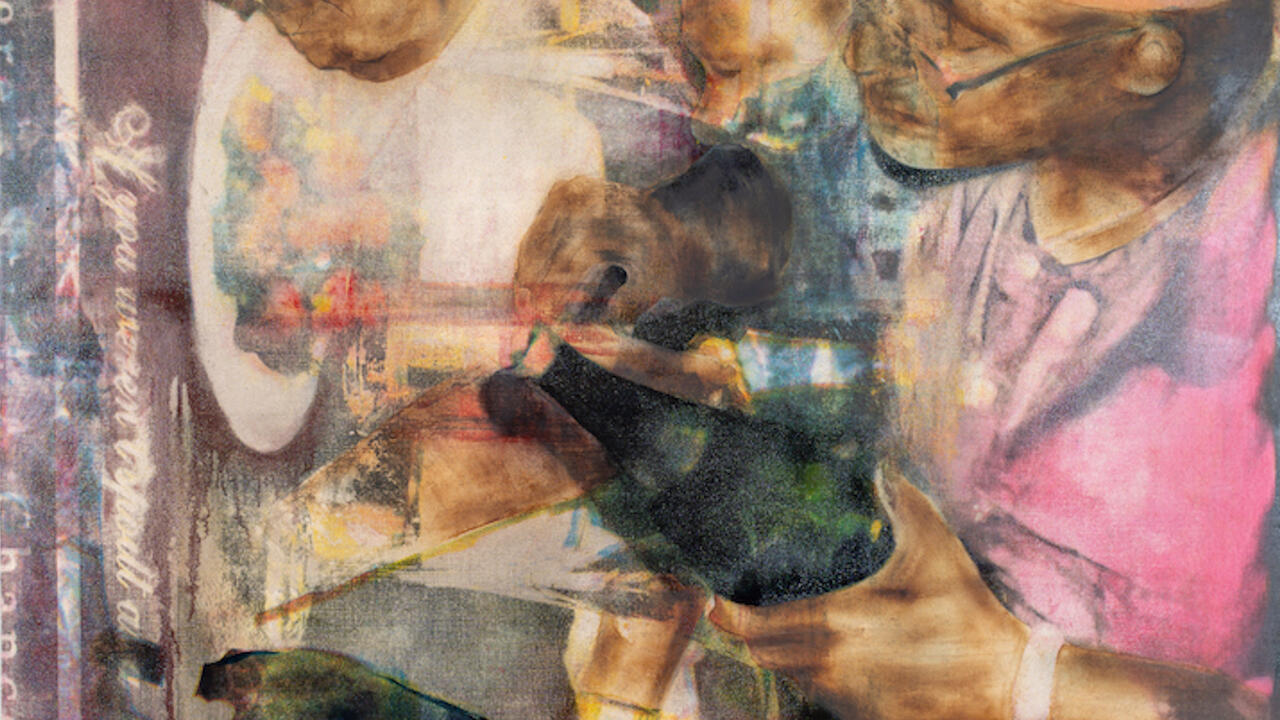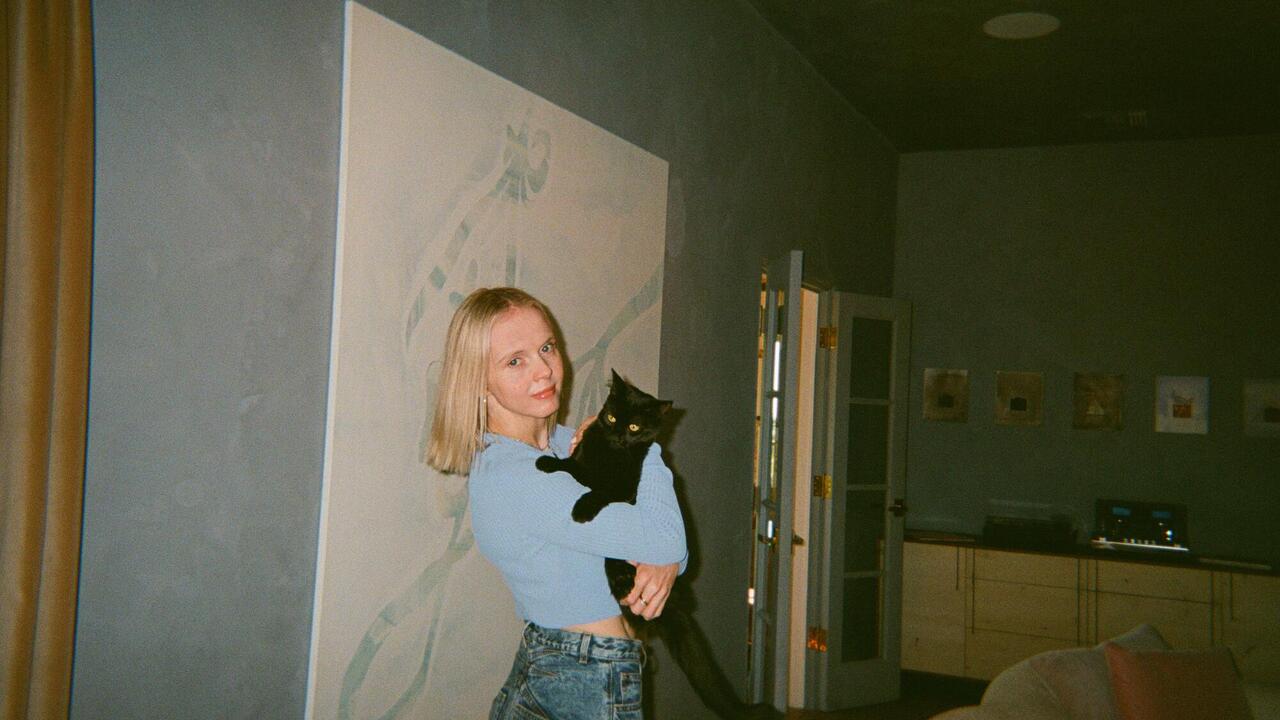McKenzie Wark on the Future of Trans Literature
Juliet Jacques speaks to the pioneering writer and theorist about her new book, ‘Reverse Cowgirl’, an ‘auto-ethnography’ of the self
Juliet Jacques speaks to the pioneering writer and theorist about her new book, ‘Reverse Cowgirl’, an ‘auto-ethnography’ of the self

Trans and nonbinary people have long struggled to find effective language and useful forms to express themselves in the face of widespread transphobia in the media, politics and society. Throughout the 20th century, academics, activists and writers gradually shifted their focus from memoirs that would explain transsexual living towards more theoretical texts that incorporated personal material but eschewed the autobiographical form. Following Sandy Stone’s imperative, in her influential 1987 The “Empire” Strikes Back: A Post-Transsexual Manifesto, for such writers to create new genres in order to explore new genders, over the last 20 years this literary subculture has blossomed into a vibrant world of novels, short stories, poetry, plays, essays and journalism. Reverse Cowgirl (2020), the latest book by writer and scholar McKenzie Wark, follows in this tradition, while also subverting the linear form of transition memoirs, interweaving fragments of biography and auto-fiction with emails and Facebook posts. Wark began her literary and academic career in Australia during the 1980s, and is the author of numerous books, including Hacker Manifesto (2004), Gamer Theory (2007) and last year’s Capital Is Dead: Is This Something Worse? Wark and I became friends in 2013, when I interviewed her about her work on the postwar avant-garde movement Situationist International.
Juliet Jacques: I’d like to ask you about the line on the back cover of Reverse Cowgirl, which says that ‘the established narratives of being transgender don’t seem to apply’ to you. I think every trans person has felt like that – certainly any trans person who has ever picked up a pen and paper.
McKenzie Wark: I was interested in what could happen if traditional versions of the trans narrative got to play with other kinds of formally inventive queer and gender non-conforming nonfiction. I didn’t see myself in most of the trans narratives to which I had access. Although, when I read your book Trans: A Memoir [2015], I thought: ‘That’s not my story but, because it exists, I, too, can exist.’ Now, different ways of writing about being trans are adding new wrinkles to the narrative, rather than repeating the same stories that medical providers require of us.

JJ: You’re 20 years older than me, yet there’s a generational handover from me to you because of the weird things that transition does to your sense of lived time. And the fact that I transitioned earlier in my life than you did, partly because I had access to trans writers at a younger age. You situate Reverse Cowgirl within a certain line of trans writing by referencing contemporary authors who are not necessarily canonical. Leslie Feinberg is referenced, but not Kate Bornstein, Sandy Stone or other figures from the 1990s. Instead, you bring up Torrey Peters, Paul B. Preciado, Juliana Huxtable – people at the forefront of a new type of trans writing that doesn’t use directly autobiographical forms.
MW: The text is meant to read a little bit like the Twitter feed of someone who’s fairly literate. If I felt that a quote from another writer related to what I was doing, I included it, but I didn’t feel like I had to mention everybody. Stone and Bornstein were very important to me, but didn’t make it into the book. I was more drawn to what has happened with new North American trans writing. Imogen Binnie’s novel Nevada [2013] was a turning point, at least in the world of trans writing that I ended up inhabiting. It’s a story about someone several years after they’ve transitioned, who is not the ideal trans subject and is making mistakes in her life. It wasn’t even marketed as a trans book: the cover has this really cool drawing, but doesn’t say ‘trans’ on it in big letters, so you can read the book discreetly on the subway. But its circulation was somewhat limited to Brooklyn-based, white trans women and I wanted to counteract that a bit, so I’ve included references to Huxtable, a terrific black trans writer, in my book. I was interested in people writing now, some of whom I’ve met, giving an impression of a collective literary space.
JJ: A lot of older trans memoirs and texts have downplayed or avoided sex altogether, although Bornstein is a notable exception. In my memoir, I didn’t talk about sex as much as maybe I’d have liked to. Reverse Cowgirl, however, is a book about sex as much as it is about gender, and how they intersect. How did sex open up new ways for you to think about gender and your own gender identity?

MW: I remember reading J. Michael Bailey’s book about autogynephilia, The Man Who Would Be Queen [2003], which argues that there are ‘bad’ transsexual women who transition in order to become their own object of desire. I read it secretly in a Barnes & Noble bookstore. For years, that set me back, because I thought: ‘Oh, I’m one of these autogynephiliac freaks and not a “real” trans woman.’ I wanted to write about the possibility of figuring out that you’re trans through gender euphoria experienced sexually. I tried to be a gay man but it never quite worked, and I think there’s comedy in writing about that failure, and in writing about heterosexuality when you’re trying to be the person that you want to have sex with.
There is a sense in the LGBTQ+ community that we have to move away from narratives of ‘inversion’ or the early-20th-century idea that gender variance and sexual diversity are always linked, and that’s good. But it’s constraining to conclude that being trans never has anything to do with sex. Here, I’ve mapped out a small corner of trans experience so that, hopefully, other people can think through their own gender and sexuality in relation to it. And go on to write about them.
JJ: One of the quotes I picked from your book is by Chris Kraus, who writes in I Love Dick [1997]: ‘My entire state of being has changed because I’ve become my sexuality: female, straight, wanting to love men, be fucked. Is there a way of living with this life like a gay person, proudly?’ Kraus brings up the complications of gendered bodies, how they’re received and how they interact with other people sexually, but also deploys an internalized stereotype of gay men. In your text, you start off by thinking of yourself as a queer man and moving within gay male circles in Sydney during the AIDS crisis.

MW: Kraus refers to ‘a’ rather than ‘the’ gay person, so readers can ‘include themselves out’ of that phrase. I think it’s always more interesting to differ from, rather than identify with, the text, which is exactly what Kraus enables. She can conceptualize the specific thing she feels in relation to what it’s not: the generic idea of gay pride. And she can then long for something like that but different from it, just as, if one were a gay man, one might differ from that received image. I tried to be gay. Being loved and lusted after by gay men made me feel like a woman – an emotional and sexual relation that’s comically doomed. The pathos being that I attempted this just before the AIDS pandemic.
JJ: In a chapter titled ‘Straight Life’, you write about moving from primarily having sex with men to having sex mostly with women, although it’s not a linear narrative. I particularly like this passage: ‘Nobody needs to read another story by a man about, well, anything really, certainly not another story where the man fucks the woman. So let’s just keep to this not novel but less storied dilemma: how does a man whose peak sexual experiences all involve being fucked in the ass go about having sex with a woman? Depends on the woman, of course. Also, here’s another wrinkle that makes this maybe a less common story: what if the man in this story who fucks the woman is maybe not a man at all, and what if this man … sorry, this not-man, doesn’t know it yet? At least, what if this human, let’s say this egg, that wants not to hatch, this thing that wants not to be there, to not exist, is driven by a desire opaque to this human and to most of those around it?’
MW: I probably could’ve just written about my experience without that preamble, but I felt like there would be comedy in acknowledging what I’m sure is a pretty common experience in certain kinds of trans lives. The opacity struck me as useful: memoirs are so often about figuring oneself out. I wanted to write instead about how we never have any idea who we are. We just move through less or more useful patterns of misunderstanding.

JJ: There’s a striking page titled ‘You Are Your Attention: A Portrait of McKenzie Wark by the Facebook Algorithm.’ It lists things that you’ve mentioned frequently on Facebook, ranging from left-wing politics, global warming, livestock and freight transport to Walter Benjamin, Lana Turner, hegemony, instant messaging, family, dresses, cashmere, psychoanalysis, gender and social class. Is there a sense that other people, and ultimately other technologies, know us better than we know ourselves?
MW: Facebook lets you see how it categorizes you for marketing purposes. Those are some of the things that Facebook thinks of as being ‘me’, so it can sell me various products. I’m wearing a skirt right now that I bought through a Facebook ad from a brand called Current Mood. Trying to form an identity on social media when all it’s trying to do is sell you stuff and monetize your attention can drive anyone – cis or trans – bonkers.
JJ: What has changed about the way that we now constitute our own identities on social media? What do you think about the possibilities of it, as well as the constraints, and the terrifying surveillance implications?
MW: I’m interested in the practice of constructing a subject in the postbroadcast era and the extent to which it’s unlike the one we inherited from the golden age of mass popular consumption addressed by scholars at Birmingham’s Centre of Contemporary Cultural Studies in the 1970s. When there were only five radio stations, all of them played the same Top 40 tracks; if you got lucky, you might hear a David Bowie song. Some of us figured out, by listening to his music, that we’re at least not like straight people: ‘Not sure if you’re a boy or a girl.’ Precisely, thank you.
Whereas now you can find any subculture or subjectivity online and create your own queer or trans sensibility out of them. But you can also make yourself into a neo-Nazi because that’s easy to find, too. So, this new model of constructing bodies and subjectivities is definitely not an unmediated good.
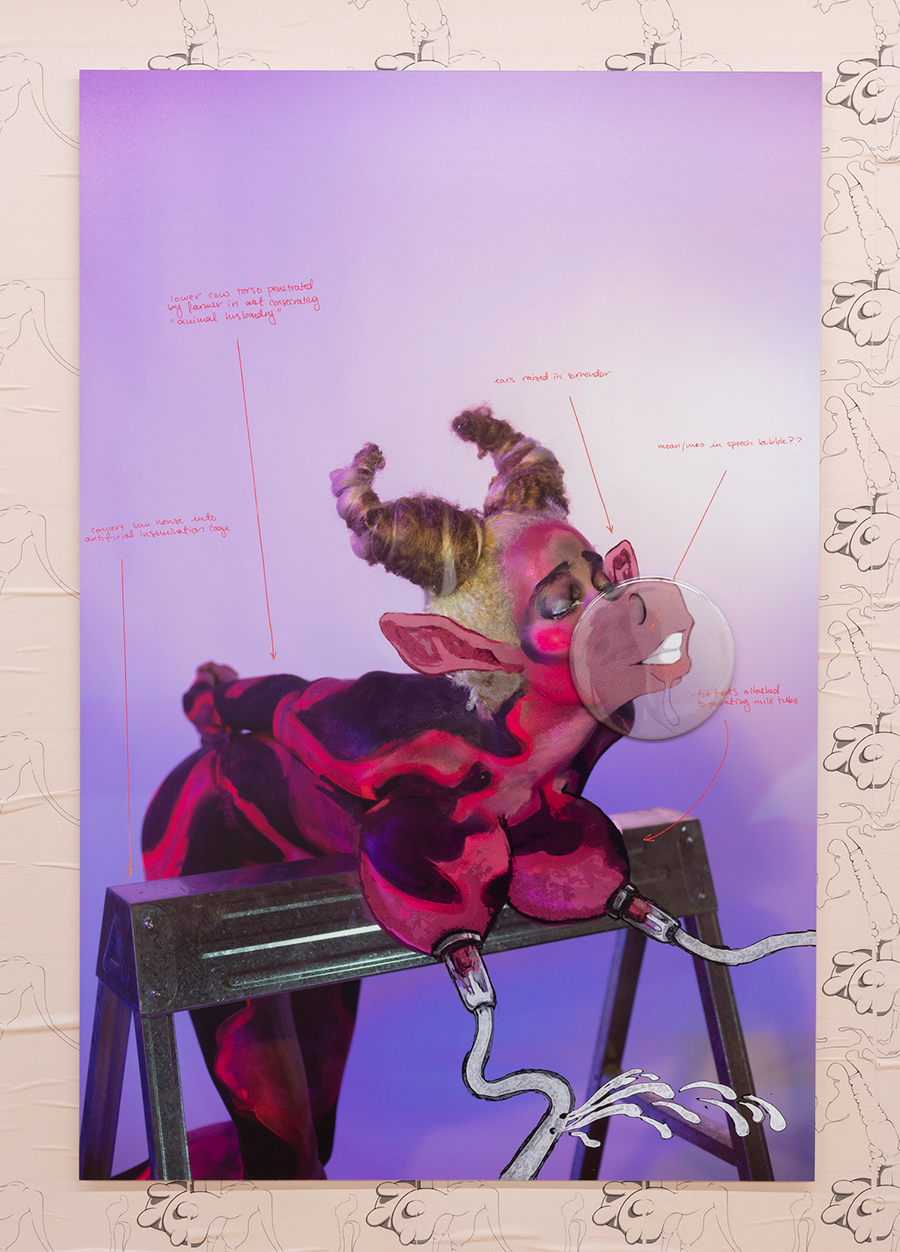
JJ: My identity is not just determined by my queerness and transness. I’m really interested in the way Reverse Cowgirl also talks about Marxism and communism, and the affect of your politics – the feeling of constant defeat they bring.
MW: Having been schooled in an old-fashioned version of Marxism, one that was aware that its history was one of defeat, I always sensed who my real comrades were, because all the opportunists and optimists had already abandoned the project. It was important to be around people who lived through 1956 and 1968 – disaster years for international communism – yet who felt, as Samuel Beckett put it in The Unnamable [1953]: ‘I can’t go on; I’ll go on.’
I find myself a little out of tune with the current Marxist revivalism – people with hammers and sickles in their Twitter bios. How do you restart something you know has already been lost? You can’t do it through cosplay; Marx talks directly about the problem of restaging the revolution in the garb of the previous one. But how, then, do you carve out a sense of the possibility of another life in a culture that you know you don’t control, where you know your agency is limited?
JJ: There’s a passage in the book where you start seeing a man called John, and you describe yourself as his plus-one, the ‘handbag’: ‘I was the girl. This was quite educational. I was not expected to talk except for the purpose of social graces. I was not supposed to have opinions about things. It was permitted for me to agree with John’s opinions or shades thereof. I was expected to smooth out disagreements between John and the others. Mostly, I just tried to blend in and observe, a closet communist. At some point, the men would just dismiss themselves to talk business or politics. I would be left with the wives.’ Then you talk about how the wives’ idea of women’s liberation in this context was restricted to their own entry into the upper class.

MW: It’s the most heavily fictional part of the book because of Australia’s vicious libel laws. It’s a composite portrait of some men I dated who have the means to sue me. It was interesting to see ruling-class gay culture; if you were doing the right thing as a property owner, then your sexuality could be overlooked. It was a little like Anaïs Nin’s A Spy in the House of Love [1954] – I felt like a spy in the house of bourgeois sexuality.
JJ: I’ve been thinking a lot lately about Females: A Concern [2019] by Andrea Long Chu. The book’s premise is that everyone is female because everyone is constituted by some sort of lack, which they fill with other people’s desires that they then try to fulfil. We’ve already talked about the way in which your book addresses sexuality and desire. How do you feel about Chu’s text and its relation to your own writing?
MW: I really enjoyed Females because it does what we did in 1980s theory: take an incredibly counterintuitive and ridiculous premise and build a conceptual language out of it that then collapses. It’s theory as play. It’s a rarefied taste to engage in theory that way, as if it’s a branch of literature. People expect more rectitude or political guidance from theory than Chu is willing to offer. But I loved it because theory is literature. It’s just another way of writing and has certain constraints.
JJ: In your recent interview for Ssense with Sanja Grozdanić, you talk about how scapegoating trans women has become a whole media industry. What do you think trans people, and trans women in particular, can do to combat this, both in our creative work and in the places where we publish?
MW: It’s a double bind. There’s this desire to engage with transphobia before it spreads further, but then you end up in a positive feedback loop by amplifying it. Yet, you can’t ignore the hate, because it propagates. I really appreciate the way you’ve pushed back in a very public way, while remaining aware of, and navigating, the pitfalls.
You cannot engage with people who don’t recognize your humanity but you can address the people they’re trying to persuade to see the way they do. I don’t think we achieve that by seeking always to be exemplary subjects. I think we can write about ourselves as fully human, which also means fully flawed. We’re more credible as humans if we’re not attempting to be perfect and not claiming that, for example, sexuality isn’t part of our experience. Yes, our sexualities may be weird, but so are everyone else’s! Take autogynephilia, for instance – the moments when you’re into yourself sexually. I hope everybody gets to experience that at least once, to look in the mirror and go: ‘I’m hot in this gender!’
JJ: Instead, it’s pathologized. Do you think that, through writing, it’s possible to move the conversation beyond cisgender expectations of us and our need to challenge them? Are there any writers who you believe have managed to do that?
MW: It’s important to be part of a larger literary conversation, but also that we have writing for each other. I’m looking forward to Peters’s Detransition, Baby, which is due to be published in early 2021. It asks questions about what trans life is like ten years after transition, when you might just want to have a family and a stable life. Why should we be denied that?
JJ: As trans and nonbinary literature develops over the next ten or 20 years, I hope you and I will continue to be part of it. It will be exciting to see what happens. I think new possibilities will open up.
McKenzie Wark is professor of culture and media at the Eugene Lang College of Liberal Arts, The New School, New York, USA. She is the author of A Hacker Manifesto (2004), Gamer Theory (2007), 50 Years of Recuperation of the Situationist International (2008) and The Beach Beneath the Street (2011), among other books. Her latest book, Reverse Cowgirl, was published by Semiotext(e) in February.
This article first appeared in frieze issue 210 with the headline ‘Write All The Others’.
Main Image: Juliana Huxtable, ‘Interfertility Industrial Complex: Snatch The Calf Back‘, exhibition view, 2019. Courtesy: the artist and Reena Spaulings Fine Art, New York/Los Angeles; photographs: Joerg Lohse













